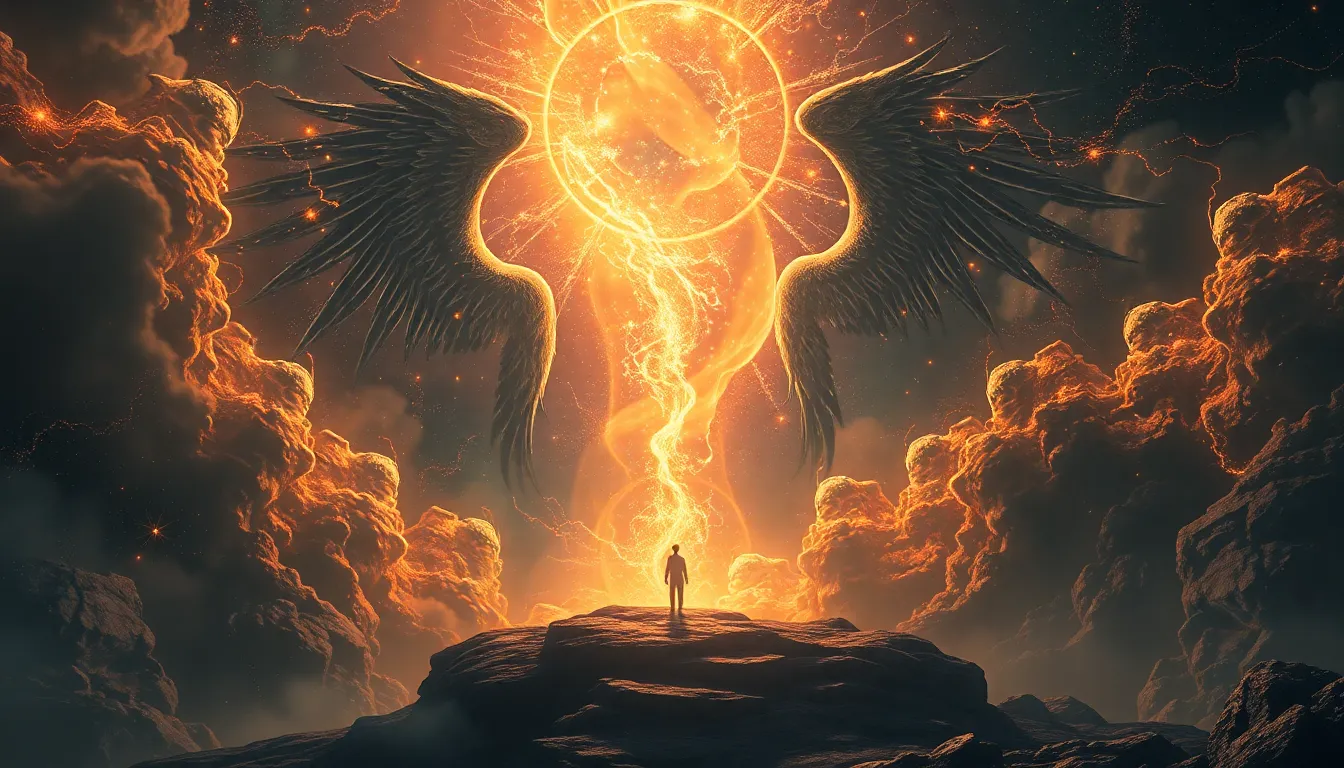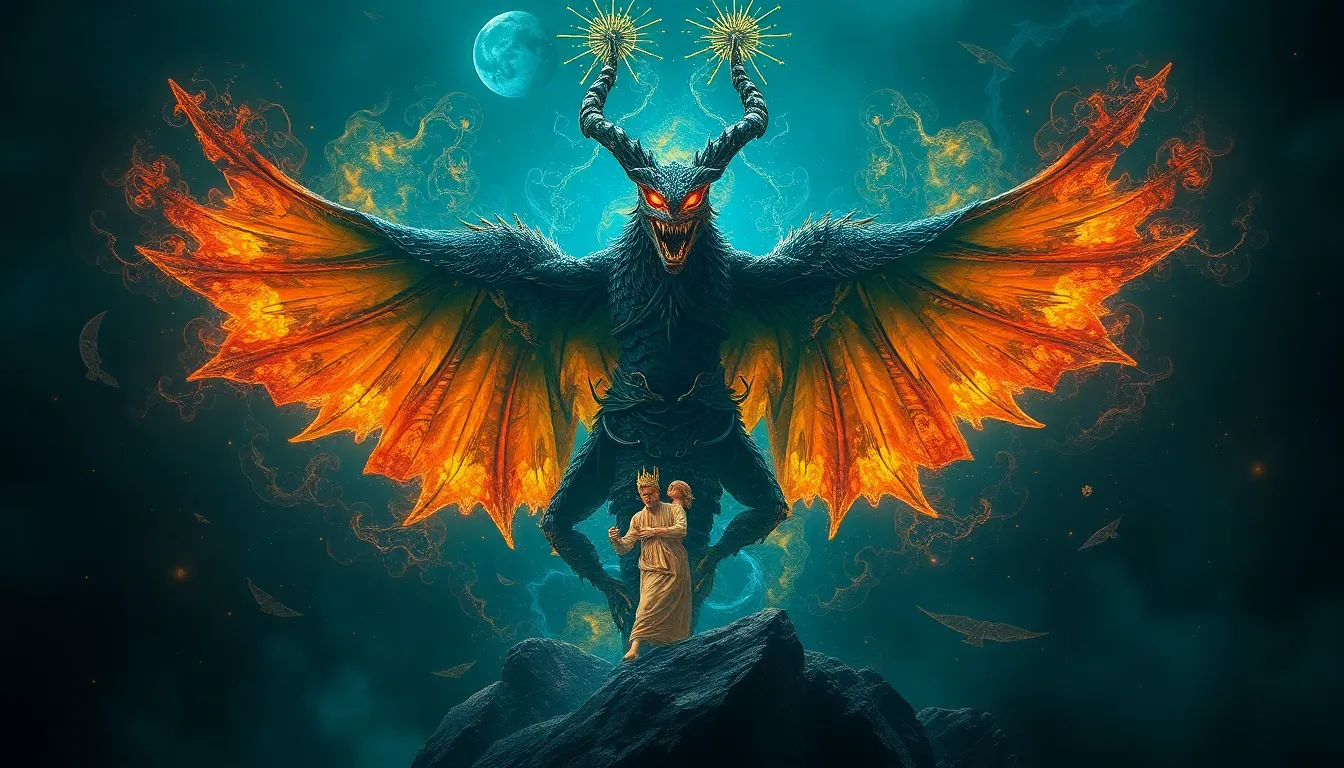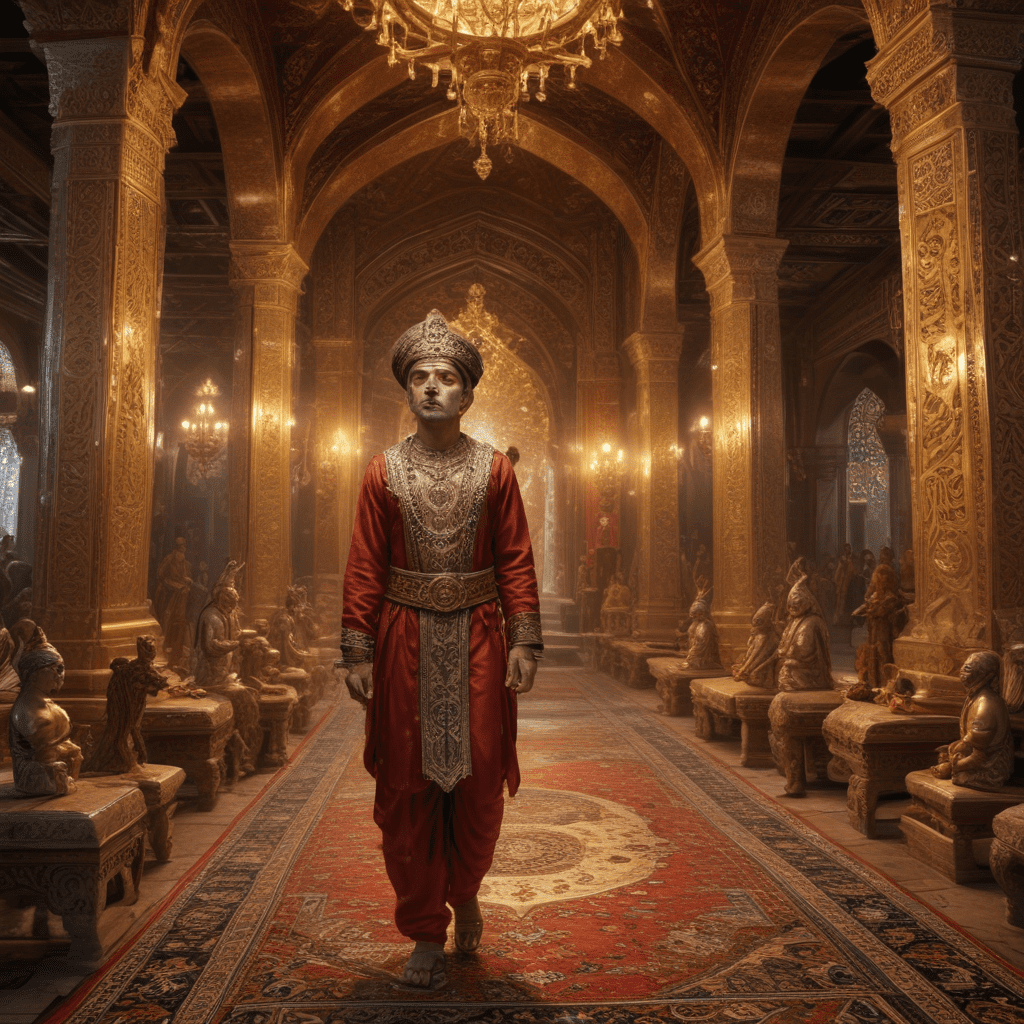The First Song: Creation Myths That Celebrate Life
Introduction to Creation Myths
Creation myths are foundational narratives that explain the origins of the world, humanity, and life itself. These stories, which are often passed down through generations, hold significant cultural and spiritual importance in various societies. They serve not only as explanations for the mysteries of existence but also as vital components of cultural identity, belief systems, and values. At their core, creation myths celebrate life and existence, providing a sense of belonging and understanding of one’s place in the universe.
The Universal Theme of Creation
Across diverse cultures, creation myths share common elements that reflect universal themes of existence. These include:
- The emergence of light from darkness
- The formation of the earth from chaos
- The creation of humanity from natural elements
- The establishment of order from disorder
The concept of the “First Song” emerges as a powerful motif in these stories, representing life, harmony, and the interconnectedness of all beings. It symbolizes the idea that the universe was born not just from matter, but from a profound and resonant sound that set everything into motion.
Mythical Narratives: An Overview
Throughout history, numerous cultures have crafted unique yet surprisingly similar creation myths. Here are brief summaries of notable narratives from different regions:
- African Myths: Many African cultures, such as the Yoruba, believe in a supreme being who created the world through divine thought and action, often accompanied by music and dance.
- Indigenous Myths: Indigenous peoples of North America often share stories of how the earth was formed from the body of a primordial being, with elements of nature singing into existence.
- Asian Myths: In Hindu mythology, the universe is created from the cosmic ocean, with sound playing a vital role in the manifestation of life.
- European Myths: Norse creation stories depict the world emerging from the body of the giant Ymir, with music and poetry woven into the fabric of existence.
These narratives highlight the diversity of beliefs while underscoring the shared human experience of seeking to understand our origins.
The Role of Music and Sound in Creation Myths
Music and sound are often integral to creation stories, acting as a bridge between the divine and the mortal. Many traditions suggest that the universe was birthed from a cosmic song or vibration. For instance, in various cultures:
- Creation is often accompanied by rhythmic chants or songs.
- Elements of nature are personified with voices that contribute to the creation process.
- Musical instruments symbolize the harmony of the universe.
This connection between sound and creation emphasizes the belief that life itself is a resonant and harmonious experience.
Case Study: The Hindu Creation Myth
In Hindu philosophy, the concept of “Nada Brahma” illustrates the idea that sound is a fundamental aspect of the universe. The universe is believed to have originated from the primordial sound “Om,” which represents the essence of the ultimate reality. The creation story unfolds as follows:
- In the beginning, there was only the cosmic ocean of chaos.
- From this ocean, the divine sound “Om” emerged, leading to the formation of the cosmos.
- The vibrations of this sound gave rise to the elements and ultimately to life.
Music and chanting are central to Hindu practices, reinforcing the belief that sound is divine and essential for creation and sustenance.
Case Study: The African Dogon Tribe’s Creation Myth
The Dogon tribe of Mali has a rich creation myth that emphasizes the importance of celestial music. According to their beliefs:
- The universe was created by a supreme being, who sang the world into existence.
- Celestial bodies, including stars and planets, are believed to emit songs that influence life on earth.
- Life, death, and rebirth are cyclic processes illustrated through the metaphor of song.
This myth reflects a deep connection between the cosmos, music, and the cycles of life, highlighting how sound is intertwined with existence.
Case Study: The Indigenous Australian Dreamtime
In Indigenous Australian culture, the Dreamtime refers to the time when ancestral spirits created the world. Central to this belief system are “songlines,” which are paths across the land that contain the songs of creation:
- Each songline corresponds to a specific route through the land, with songs that narrate the story of creation.
- These songs connect the people to their land, culture, and identity, forming a spiritual relationship with the environment.
- Through song, Indigenous Australians pass down knowledge, traditions, and their understanding of existence.
This interconnection between song, land, and identity illustrates how music is a vital aspect of cultural heritage and continuity.
The Psychological and Cultural Impact of Creation Myths
Creation myths play a crucial role in shaping cultural identity, values, and beliefs. They influence:
- Community cohesion, providing shared narratives that bind people together.
- Individual perspectives on existence, offering explanations for life’s mysteries.
- Moral frameworks, guiding behavior and societal norms through stories of creation and consequence.
By understanding these myths, individuals can better appreciate their cultural backgrounds and the shared human experience.
Modern Interpretations and Adaptations of Creation Myths
In contemporary society, creation myths continue to inspire literature, music, and art. Modern creators reinterpret these ancient stories to reflect current values and issues. Examples include:
- Novels that weave traditional creation stories into narratives about identity and belonging.
- Music that incorporates elements of ancient sounds and themes to evoke cultural heritage.
- Art that visually represents creation narratives, exploring the connections between past and present.
These adaptations highlight the enduring relevance of creation myths and their ability to resonate with new generations.
Conclusion: The Enduring Legacy of Creation Myths
Creation myths are essential for understanding human existence and the diverse ways cultures celebrate life. The “First Song” remains a powerful symbol of harmony and interconnectedness, reminding us of our shared origins and the beauty of life. As we navigate modernity, these ancient narratives continue to foster connection and inspire reflection on our place in the universe.



